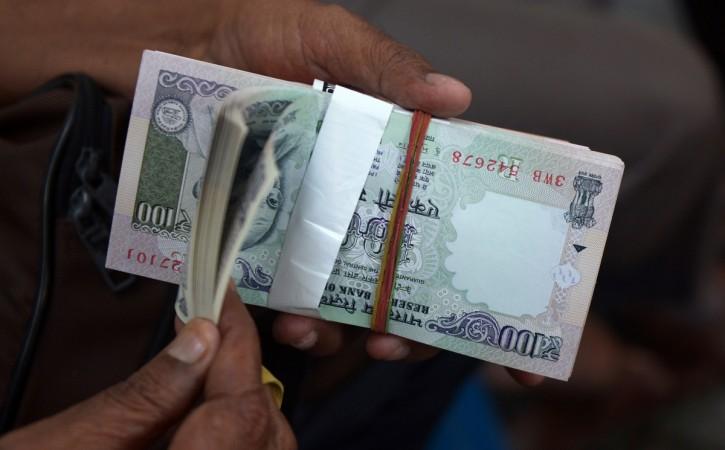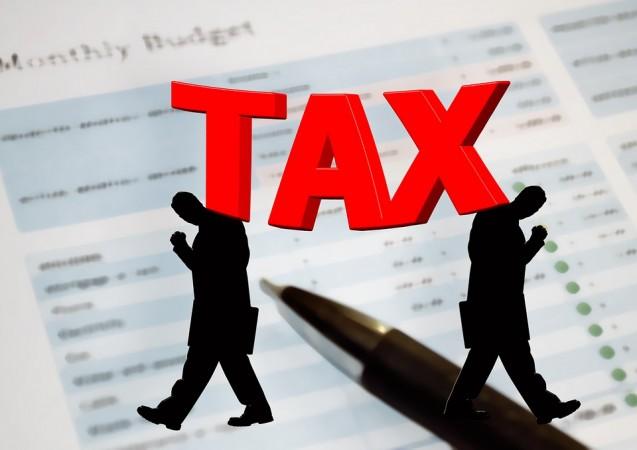
It looks like all the hard work done by the government to increase the tax base of the country is paying off. The Central Board of Direct Taxes (CBDT) on Friday, Aug 17 informed that the income tax collection stood at an all-time high of Rs 10.03 lakh crore for the financial year 2017-18.
The announcement was made at the two-day conference of income tax administrators of the eastern zone. Shabri Bhattasali, member of CBDT, said that in the last financial year, 2017-18, a record number of 6.92 crores I-T returns were filed as against 5.61 crore returns filed in 2016-17. An additional 1.31 crore returns were filed in the last fiscal year.
I-T department now has a new target of adding 1.25 crore new IT filers for the current fiscal year which has already added 1.06 crore new IT return filers during 2017-18.
It is to be noted that the government has introduced penalties for the non-payment of the taxes in the given window. As per new rules, a small taxpayer whose gross total income does not exceed Rs.5 lakh then the maximum penalty liable to pay is Rs. 1,000. If an individual fails to file ITR by July 31, a penalty of Rs 5000 will be levied if the return is furnished before December 31. And, the late fee will be Rs 10,000 if it (ITR) is filed after December 31.

The concept of the late fee under section 234F was introduced in the Budget 2017 and became effective for the financial year 2017-18 or assessment year 2018-19 onward. Assessment year is the year immediately following the fiscal year for which the ITR is filed. The assessment year for the financial year 2017-18 is 2018-19.
For resident individuals below 60 years, total income up to Rs 2.5 lakh is exempted from tax, as per the income tax slabs applicable for FY 2017-18. For senior citizens aged 60 years and above but less than 80 years, total income up to Rs 3 lakh is exempted from tax. Total income of Rs 5 lakh is tax exempted for super senior citizens aged 80 years and above.

















